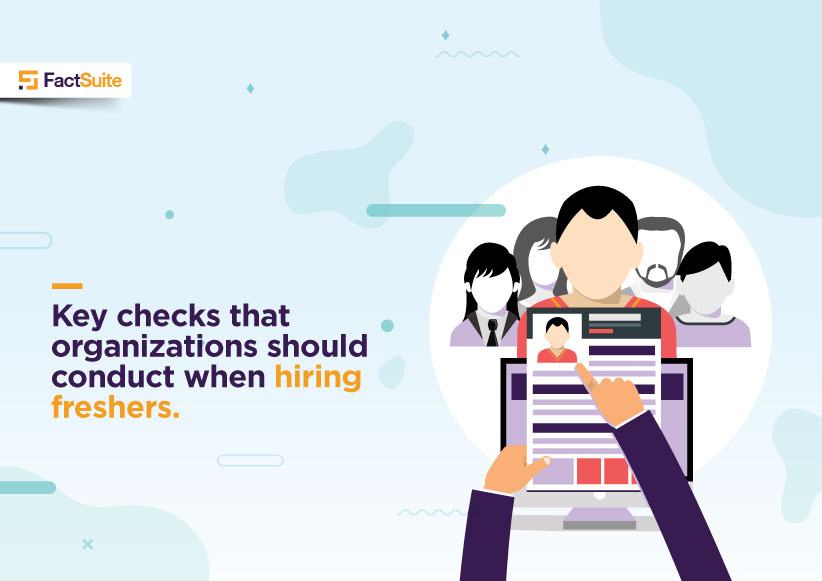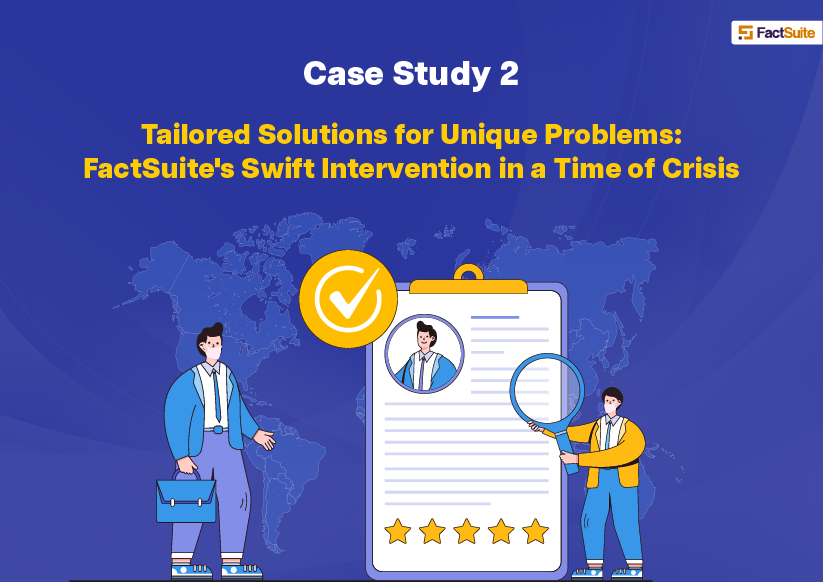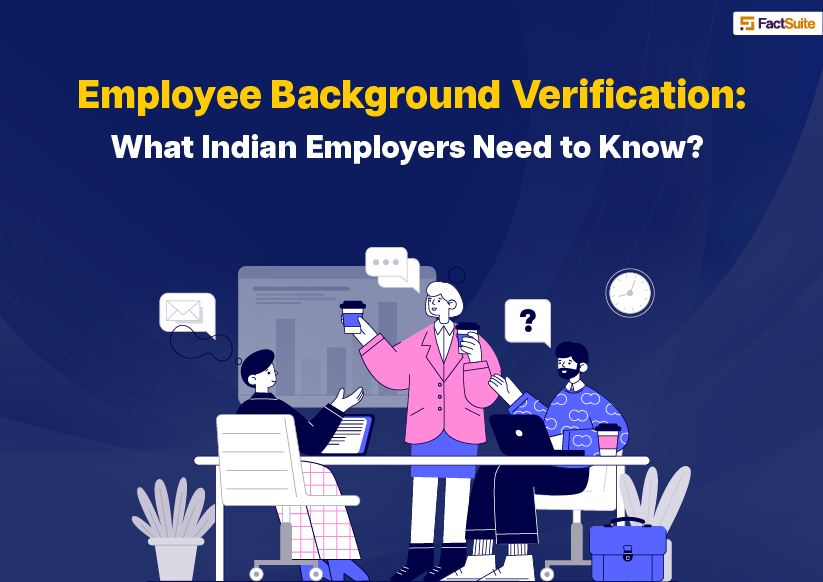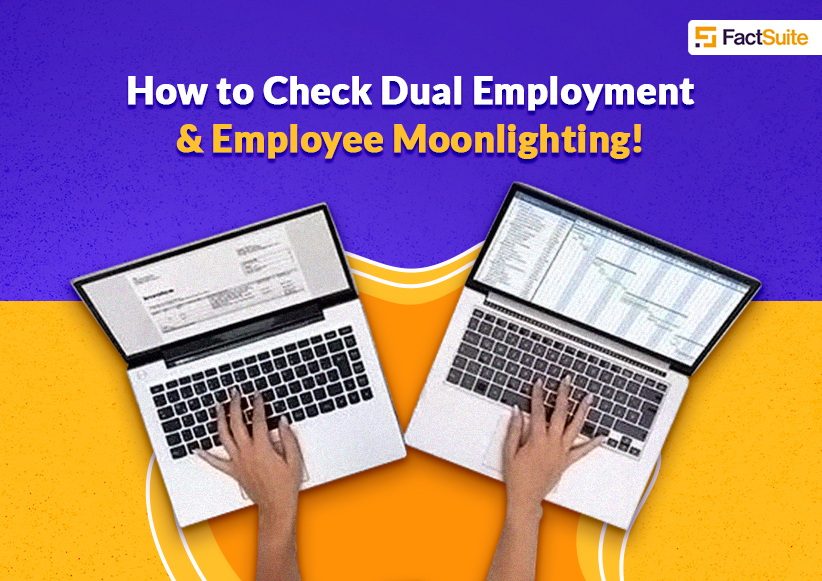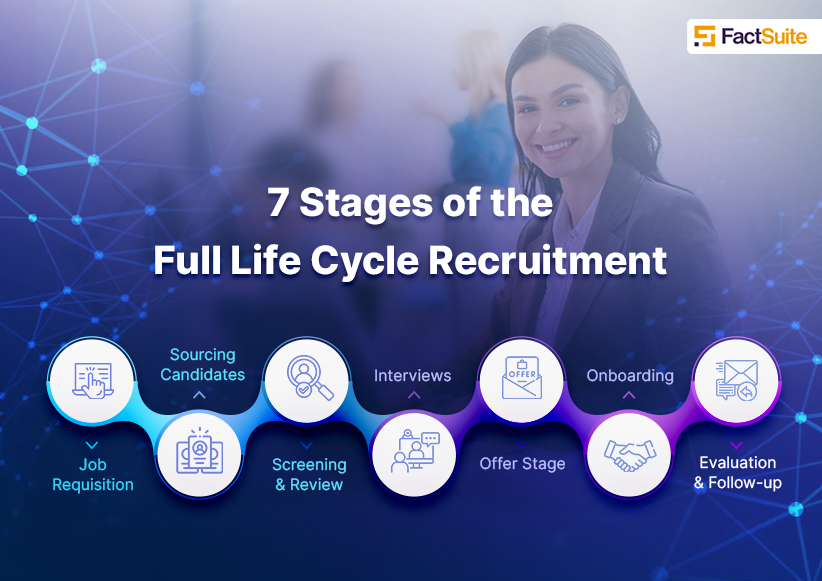From Tech Startup Godfather to a Brutal Banking Failure: The Story of Silicon Valley Bank

- Elucidating on the Global Economic ripple effect of the crisis on Banking Regulations and Financial Stability
Since the 2008 financial crisis, the world has not witnessed a bigger banking downfall then the event that occurred on Friday, March 10th, 2023- the California Department of Financial Protection and Innovation ordered the closure of the Silicon Valley Bank (SVB). The news of the bank's dissolution has shaken the global financial community, as SVB has long been regarded as a critical pillar of support for both large and small tech startups worldwide. Experts have described this event as one of the biggest banking failures since 2008.
Determining a singular cause for the collapse of Silicon Valley Bank (SVB) is a complex matter, as it appears to have been the result of several interrelated factors. One such factor is the limited scope of diversification within SVB's portfolio, with a heavy emphasis on providing financial services exclusively to the technology startup industry. This narrow focus left the bank particularly exposed to the fluctuations within this market and the recent downturn in technology stocks over the past few years. As a result, SVB found itself in a vulnerable position, unable to mitigate the risks associated with its concentrated investment strategy.
As the Federal Reserve implemented more aggressive measures to address inflation concerns, issues at Silicon Valley Bank (SVB) became even more pronounced. The bank had purchased a significant amount of bonds utilizing customer deposits. However, with the recent shift towards higher interest rates, the value of these investments declined, as they were not able to provide returns equivalent to what a comparable bond issued in today's elevated interest rate environment would offer. Moreover, the bank was unable to retain these securities for an extended period, as many of its customers needed to withdraw their funds over the past few years. This compounded the bank's difficulties and further reduced its financial flexibility.
The decline in venture capital funding affected many technology startups, leading to a reduction in the availability of additional funding for unprofitable businesses. This lack of funding prompted companies to tap into their existing funds, many of which were deposited with Silicon Valley Bank, a central player in the tech startup industry. Consequently, SVB customers started withdrawing their deposits, forcing the bank to sell off its own assets to fulfill these requests. Despite attempts to raise additional capital from external investors, the bank was unsuccessful in securing what it needed to make ends meet. Ultimately, bank regulators were compelled to seize the assets of Silicon Valley Bank to protect the remaining assets and deposits held within the institution.
According to reports, approximately $175 billion in customer deposits is currently under the jurisdiction of the Federal Deposit Insurance Corporation (FDIC). As concerns grew about the stability of the financial system, the US government made a commitment to fully safeguard the funds of all SVB depositors. This move was aimed at preventing a potential exodus of depositors from other financial institutions. In order to mitigate the risk of a wider financial crisis, the US Federal Reserve, Treasury Department, and FDIC acted swiftly over the weekend to ensure the protection of customer deposits and reinforce public trust in the banking sector. Their prompt action was motivated by the fear that the contagion effect of a collapse in one institution could have severe repercussions for the entire banking industry.
The collapse of Silicon Valley Bank (SVB) in the United States has had a significant impact on Indian software-as-a-service (SaaS) startups and firms linked to incubator Y Combinator. A petition filed by the venture capital firm Y Combinator to the US government revealed that approximately 10,000 small businesses that had deposits in SVB will fail to make payroll in the next 30 days, affecting around 100,000 jobs. Many Y Combinator firms in India rely solely on SVB, and while there are promises of revamp and revival, the collapse could hinder the day-to-day business activities of startups. The concern is not just about paying salaries and daily expenses; it's also about how long startups can sustain the crisis and trim their workforce. However, experts believe that the consequences of this event are temporary, and it is anticipated that the Indian banking system as a whole will remain largely unaffected. While the SVB collapse may have caused some disruption in the tech industry, particularly among Indian SaaS startups with ties to the US, the broader Indian financial sector appears to be well-positioned to withstand this challenge.
Looking forward, the potential fallout of SVB's collapse includes the emergence of a notable funding gap for tech firms that have traditionally relied on highly customized capital options and intricate lending packages to fuel their growth. In the aftermath of SVB's dissolution, an increased emphasis on safety may arise among its customer base, leading to a potential shift towards more conventional financial institutions with stronger capitalization and simplified structures. As a result of heightened scrutiny following the SVB episode, some banks and firms may face increased pressure to diversify their portfolios and expand their offerings to minimize risks and adapt to changing market conditions.
On the brighter side, startups in the tech ecosystem have voluntarily come forward to offer support to the crisis-hit startups whose funds have been stuck with the bank. Here are 9 support resources for crisis-hit tech startups:
- Recur Club- Offers a $15M pool of non-dilutive money to finance emergency payroll. Contact: +91 90229 61033.
- RazorpayX Payroll- Offers a line of credit of up to $120K. Contact: Email x.support@razorpay.com, Maku at +91 7411113300 or Raunaq at +91-9611199811.
- Founderpath- Offers emergency payroll financing of $250K to $500K. Criteria: B2B SaaS w/ $1M+ ARR. Contact: chris@founderpath.com.
- Arc- Offers up to $250K working capital in less than 24 hours. Visit their website.
- Brex- Offers emergency payroll financing. Contact: Email fasttrackpayroll@brex.com or visit their website.
- AngelList (Lifeline Agreement)- Offers a promissory note system that lets you unlock capital if you have raised from investors. Visit their website.
- RupiFi- Offers working capital for B2B payments or credit to those impacted by SVB Funds situation. Contact: Akshay Tarey at akshay.tarey@rupifi.com or +91-9819900136.
- GetVantage- Provides equity-free credit line of US$ 250k. Visit their link https://bit.ly/403D8SN.
- Klub - Offers emergency financing up to $400K within 48 hrs. Affected startups can choose from short-term loans or credit lines from 30 days-12 months.
In conclusion, the collapse of Silicon Valley Bank (SVB) is a stark reminder of the importance of diversification and risk management in the banking sector. The limited scope of SVB's portfolio, coupled with the recent downturn in technology stocks and higher interest rates, left the bank vulnerable to market fluctuations and ultimately led to its downfall. The fallout of SVB's closure highlights the need for greater scrutiny and regulatory oversight to ensure the stability of the financial system, and the importance of adapting to changing market conditions in order to remain competitive and sustainable in the long run.

















